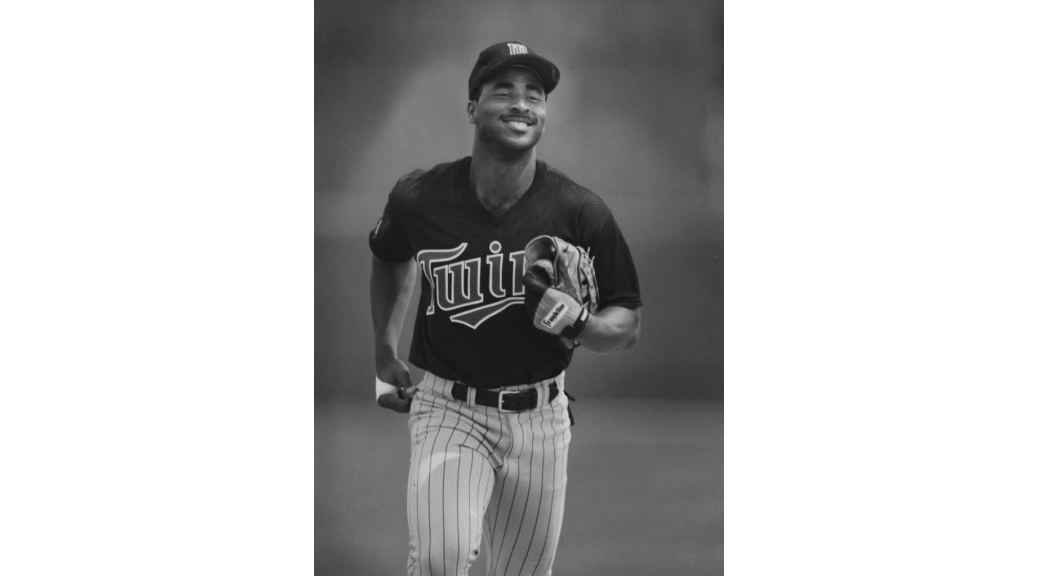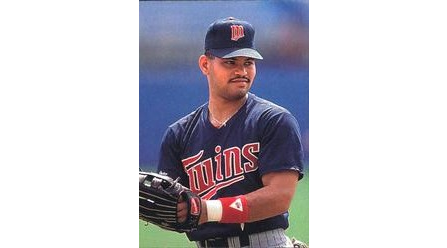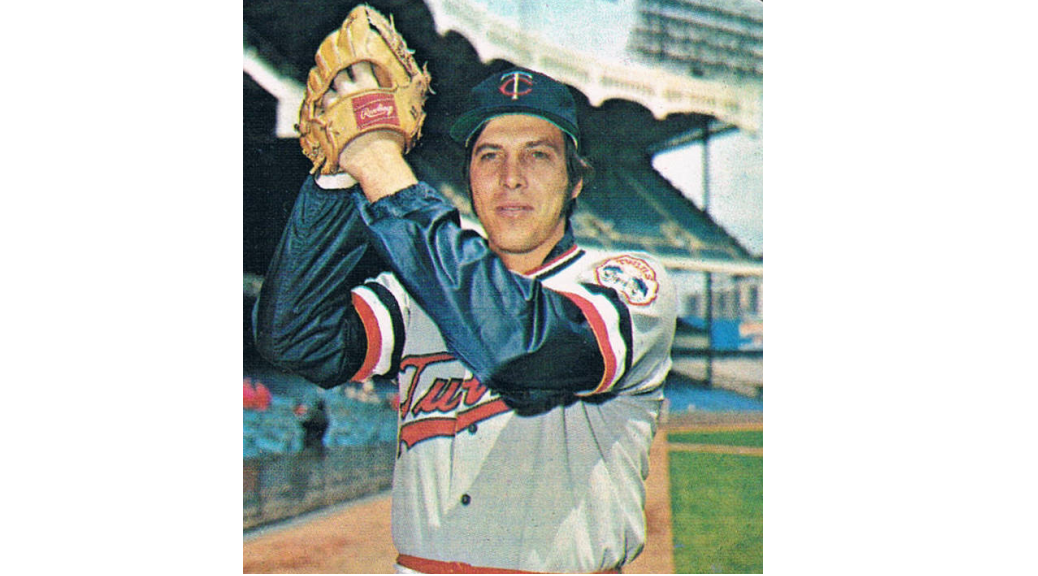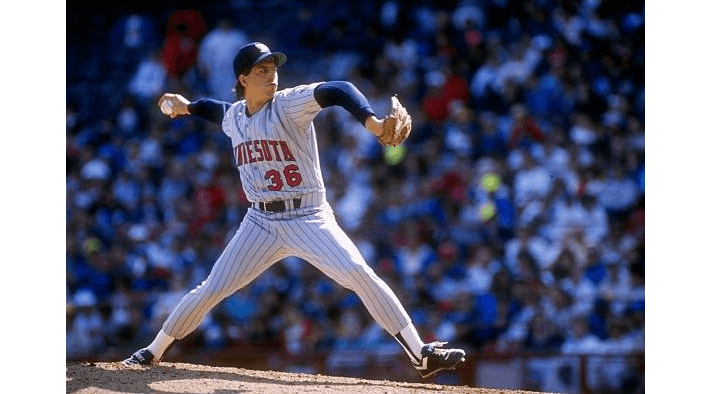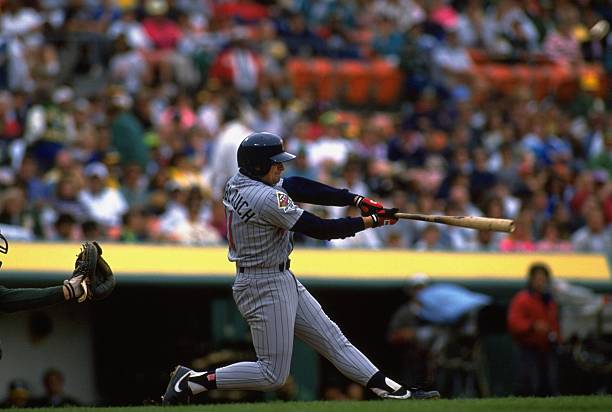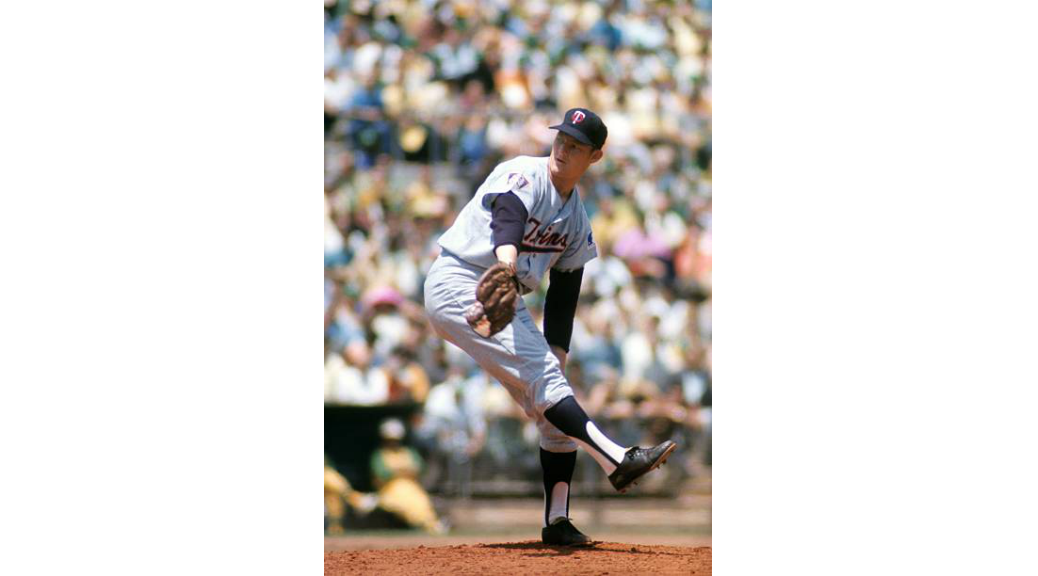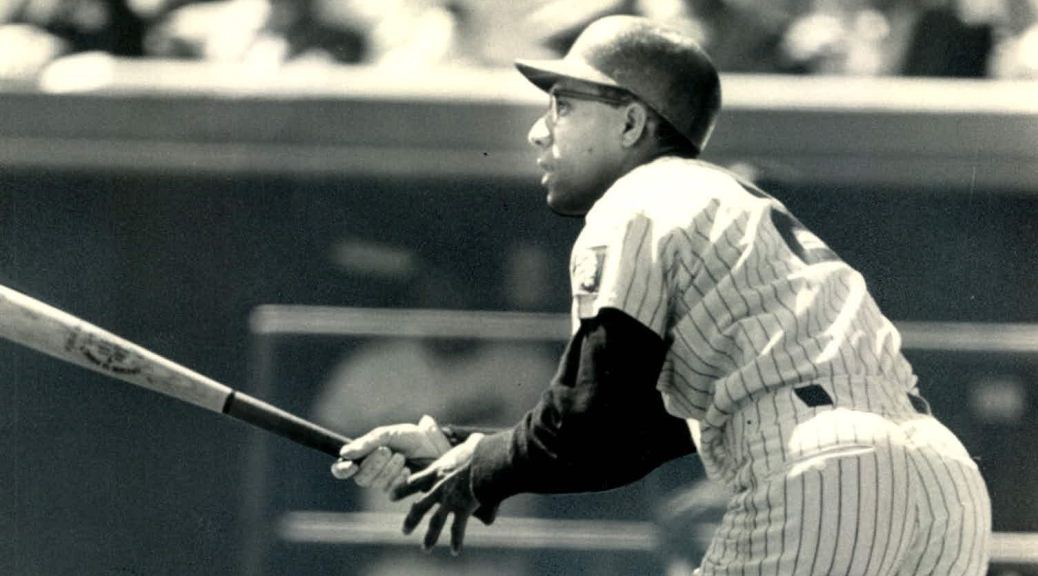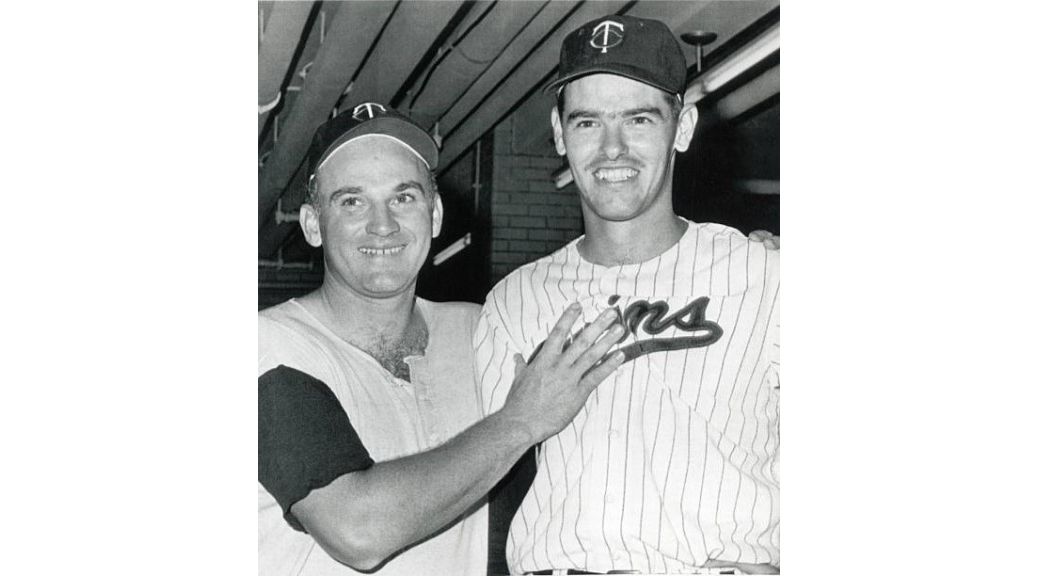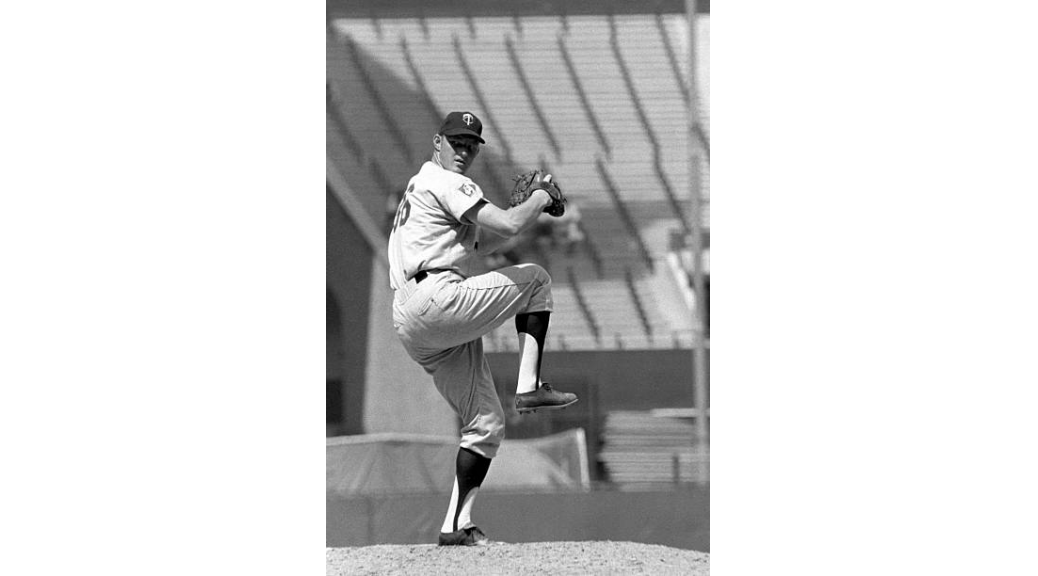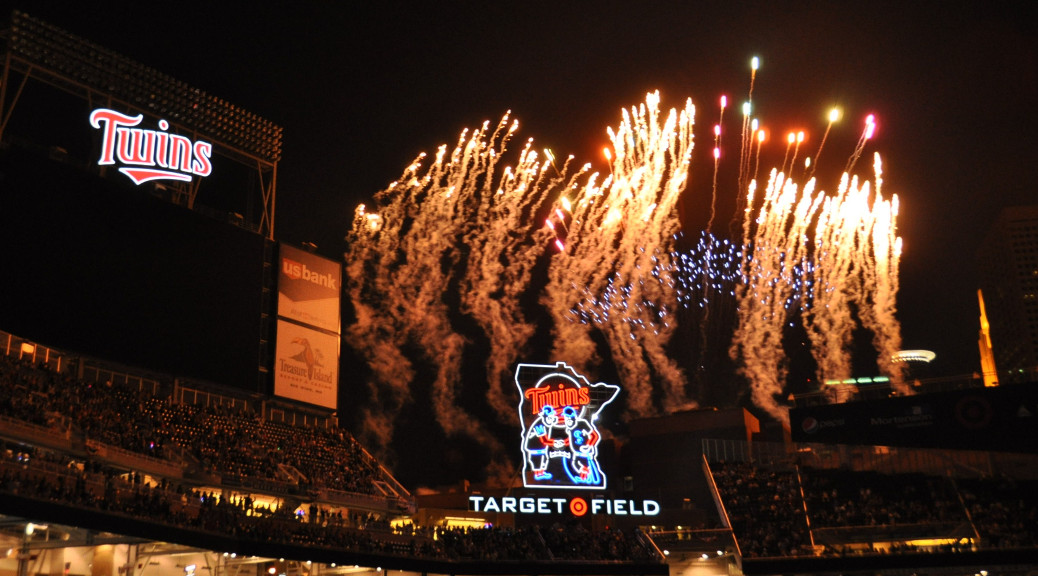MINNESOTA TWINS 4, NEW YORK YANKEES 3 IN MINNESOTA (14 INNINGS)
Date: Friday, August 28, 1992.
Batting stars: Shane Mack was 3-for-6 with a home run (his thirteenth), a double, a walk, two runs, and two RBIs. Chili Davis was 2-for-6 with a walk. Kirby Puckett was 2-for-6 with a walk.
Pitching star: Scott Erickson pitched nine innings, giving up three runs on six hits and four walks and striking out five. He threw 112 pitches. Mark Guthrie struck out two in a scoreless inning, giving up a hit and a walk. Carl Willis pitched 3.2 scoreless innings, giving up one hit and striking out two.
Opposition star: Randy Velarde was 2-for-4 with a double and a walk. Matt Nokes was 2-for-5 with a home run (his nineteenth), a walk, and three RBIs. Charlie Hayes was 2-for-6. Scott Sanderson pitched six innings, giving up three runs on six hits and five walks and striking out two. John Habyan struck out three in three shutout innings, giving up four hits and a walk. Rich Monteleone pitched three shutout innings, giving up one hit and two walks and striking out two.
The game: Chuck Knoblauch led off the first with a single. With one out, Kirby Puckett walked and Chili Davis delivered an RBI single. A double play took the Twins out of the inning, but they led 1-0.
New York got a pair of two-out singles in the second but did not score. The Twins loaded the bases in the fourth on a single and two walks but did not score. In the sixth, however, Kirby Puckett led off with a single and Shane Mack hit a one-out two-run homer to give the Twins a 3-0 lead. The lead lasted until the Yankees came up to bat again. Mel Hall led off the seventh with a walk, Randy Velarde singled, and Matt Nokes hit a three-run homer, tying the score 3-3.
And there it stayed until the fourteenth. The teams had chances, of course. Greg Gagne hit a two-out double in the seventh. A single, an error, and an intentional walk loaded the bases for the Twins in the eighth, but a double play ended the inning. An error and a walk gave the Yankees men on first and second with one out in the ninth. The Twins got a pair of singles to put two on with two out in the ninth. New York had a single and a walk in the tenth. Kent Hrbek walked with two out in the tenth and Gene Larkin doubled, but Hrbek was thrown out trying to score from first. Randy Velarde led off the eleventh with a double but never moved off second. (Well, he probably has by now. If not, he would have been buried in the Metrodome rubble). The Twins opened the thirteenth with three consecutive walks and still could not score.
So, we went to the fourteenth. Andy Stankiewicz (remember “Stanky the Yankee”?) doubled with two out, but the score remained tied. Shane Mack doubled with one out in the bottom of the fourteenth. Brian Harper was intentionally walked to bring up Kent Hrbek. Tom Kelly sent Lenny Webster up to pinch-hit, and Webster delivered a double to score Mack and win the game.
WP: Carl Willis (5-3).
LP: Greg Cadaret (4-8).
S: None.
Notes: Jeff Reboulet was at third in place of Scott Leius.
Shane Mack was batting .329. He would finish at .315. Kirby Puckett was batting .328. He would finish at .329. Brian Harper was batting .306. He would finish at .307. Chuck Knoblauch was batting .301. He would finish at .297.
Tom Edens had an ERA of 2.91. He would finish at 2.83.
Carl Willis had three really good years for the Twins. From 1991-1993, he went 18-6, 8 saves, 2.78, 1.11 WHIP. The Twins would probably not have won in 1991 without him.
Why do you pinch-hit for Hrbek with Lenny Webster? Well, as you may remember, Greg Cadaret was a left-hander, so you gain a platoon advantage with the right-handed Webster. Hrbek wasn’t awful against lefties in 1992, though, as he hit .265/.319/.361 against them. Not much power, but all you really needed was a single to win the game. But Webster, in 1992, was awesome against lefties, batting .321/.406/.571 against them. So, while I’m not sure how Twins fans reacted at the time, it was a move that made perfect sense, and it obviously paid off.
People forget how good Shane Mack was. He was only a Twin for five years, but in those five seasons he batted .309/.375/.479. That would be worth many millions today. Not bad for someone the Twins picked up in the Rule 5 draft.
Record: New York was 60-69, in fifth place in the AL East, thirteen games behind Toronto. They would finish 76-86, tied for fourth with Cleveland, twenty games behind Toronto. The good old days.
The Twins were 71-58, in second place in the AL West, 6.5 games behind Oakland. They would finish 90-72, in second place, six games behind Oakland.
Random Record: The Random Twins are 58-54 (.518).

